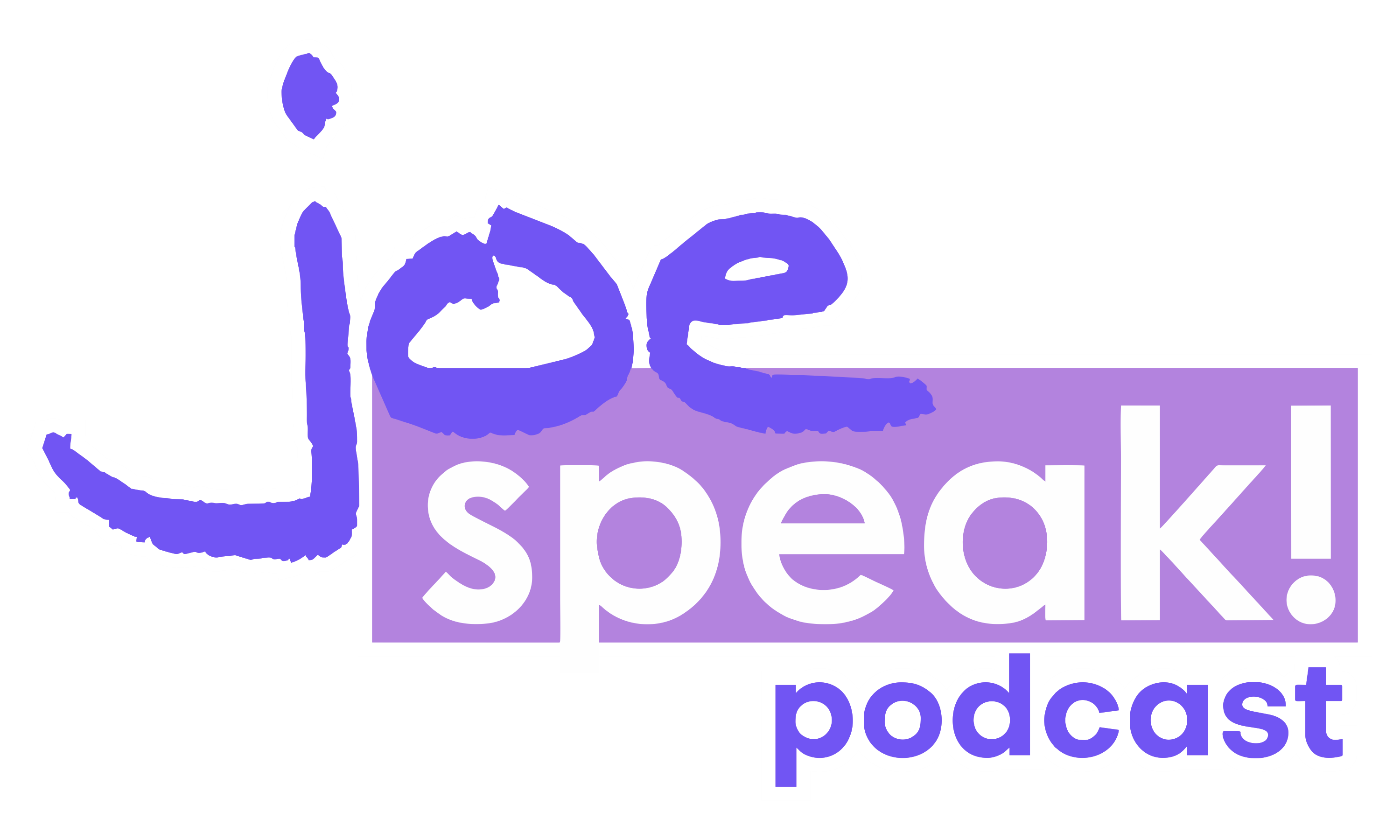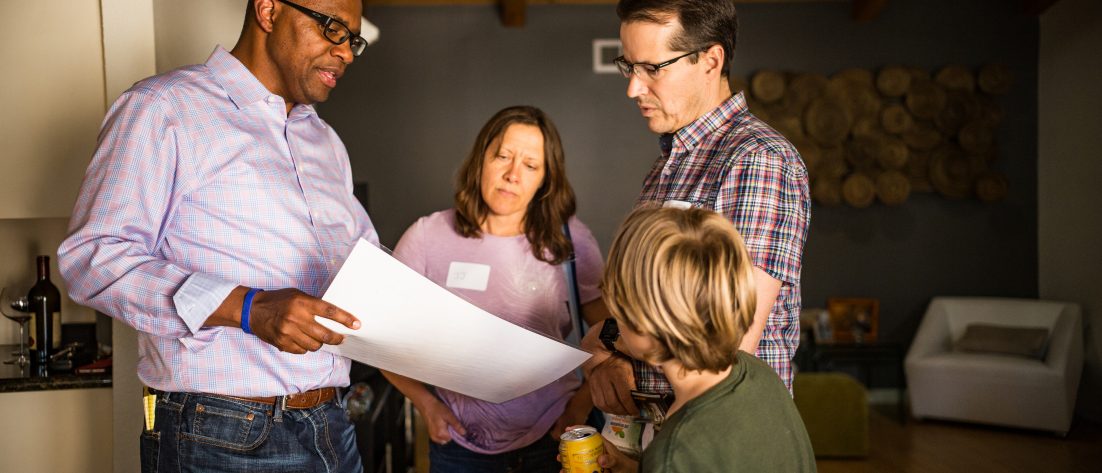(from Life as a Courtroom)
As I have discovered, practicing law can be an all-encompassing profession. The law literally affects everything around us. It naturally follows, then, that I often use the law to make larger points about life. With the foregoing in mind, here are a few ways that the law imitates life.
Passion Makes for a Better Result
Passion is defined as “a strong liking or devotion to an activity, cause, or concept.” Individuals find their true power when they find their passion. In the best of circumstances, your power, driven by your passion, and guided by strong principles, will take you to the “promised land” of purpose.
At a young age, I learned that I had a passion for communicating. A family member told me very early on that I had the “gift for gab.” I turned that gift into being a published poet by high school, and a stand-up comedian in college. Because of a love for politics and legal issues, I decided early on that I wanted to be a lawyer, which combines two of my favorite things: law and communication. I have found my professional, passionate “sweet spot” in communicating, explaining, and even arguing the law with in court, and behind lecterns at colleges and law schools. Closing argument in front of a jury with everything on the line is truly my “happy place.” And as a bonus, that passion has intensified as I discovered how to use the law to drastically improve a client’s situation, and thereby their very life.
As some point we should all be able to answer the question “why am I here?” Said another way, what is my purpose? It is incredibly important that each of us find something that we are passionate about. Admittedly, some of us discover our purpose and passion more quickly or easily than others. Once we understand our “why,” and we discover our passion, we have to put in the work to learn what we can so that we can be everything we are to become in the thing that we are passionate about. While passion can often get a project, goal, or dream started, it is dedication, commitment, and sheer will that gets us to the finish line. My most satisfying cases are ones where the purpose is most clear. It fuels my passion for the law, and makes it much easier to get up in the morning, put in long hours, and even deal with related frustrations. Find your passion and you will manifest great power.
Hearsay is Not Dependable
In the legal world, hearsay is defined as “an out of court statement offered for its truth.” In other words, the person saying the hearsay statement in court does so because they (or their lawyer) want you to believe the statement is true. While at trial, as a general statement, I cannot have a witness testify as to what someone else said out of court. Even documents, because of the written words on them, are inadmissible hearsay. The reason the hearsay rule exists is because hearsay testimony can be untrustworthy. No one in the courtroom was there when the person made the statement, the disposition or context can be totally lost, and the person that supposedly spoke cannot be cross-examined right then! Therefore, without an exception to the hearsay rule which makes the statement more trustworthy even if stated out of court, the court will not consider that statement.
Sometimes in life, we are inclined to react, often negatively, because of what we are told that someone else said, often about us. Most of us hear about something second or third hand, leading to our offense, anger, or some other big misunderstanding that changes our plans, or our relationships. All the while, getting the information directly, or from the “horse’s mouth,” so to speak, would have led to a different impression and therefore conclusion.
Technology (i.e., social media) is an unwitting accomplice to the hearsay problem. They allow us to hide behind emojis, to say important things without looking someone in the eye, and often have us weighing in on matters involving others that do not really concern us. Even texting is dangerous because the context of the statement and the disposition of the speaker are not apparent from the text alone. Also, people are more likely to say and do things that are not themselves when they can hide behind their phone or device while they say it.
We should never make a major decision about someone or something based on hearsay. Just like lawyers see it as an “out of court” statement, we should see hearsay as “out of bounds” in our campus and community lives. In leadership, have conversations with your team or colleagues directly if you perceive, or have heard there is a problem. We cheat ourselves when we do not exercise our “communication muscle” and have direct and frank conversations about situations in life, leadership or relationships. All communication about important issues should be in person whenever possible.
Admissible Evidence Tells Your Story
At a recent trial of mine, we had about 1000 documents that were each pieces of evidence. Not even half of those documents were actually admitted into evidence. The judge ruled on what would be admissible after a great deal of fighting between the attorneys. Both sides wanted to keep bad evidence out and get good evidence in. We always emphasize as lawyers that the existence of evidence is one thing, but the admissibility of evidence is another, more crucial matter. And, importantly, it is the admissible evidence (i.e. what gets in) that the trier of fact (jury) will consider when making a decision.
All of us, whether students, other campus stakeholders, or community members, should understand that we develop “evidence” as we live our lives. Our activities and choices give clear “admissible evidence” of our priorities, our integrity, and our character. So, when you are seeking to be a leader for a campus organization, what “admissible evidence” will your peers use to make the call? In the best of worlds, your activity to that point should make it easier, and not harder, for your peers to see you as a leader. Down the road, when you’re applying for a great job 10 or 20 years after you graduate, and a fellow alum is on the hiring committee, or knows someone on the hiring committee, what will be the “admissible evidence” from your life that they could use? It may be how hard you studied (or did not) for study tests. It may be how often you were late to class. It may be your problems with self-control, or maybe even alcohol and drug use. How much would you change about your conduct now if you really understood it could help make or break a big opportunity years or decades from now?
Now, from a legal standpoint, some things are not supposed to be considered by employers making a hiring decision (that’s an article, or a book, in and of itself). However, people most often make decisions based on information that they know. A resume is information, as is a reference, or a good word put in from a friend. When it comes to a job or other opportunity, never think that your reputation is inadmissible evidence. In fact, it’s some of the best admissible evidence there is. And, be sure, your reputation is something that does not expire. Admittedly, this could be unfair, because most people change and mature over time. But, welcome to real life! If you make a strong impression, whether good or bad, that impression is not likely to be lost on those you “impressed.” People are more likely to trust, hire, or otherwise work with you because of what you’ve done, and because what they’ve heard, not despite those things. So if you want your life’s “admissible evidence” to tell the best story about you it can, what’s the best way forward? First, be as earnest and positive as you can, taking responsibility for your outcomes and admitting fault when necessary. Second, get a family member or friend that you trust, and ask them how you’re doing on your “life interview.” Find out the difference between the evidence that people know about you and the evidence that you want them to know about you. Then, make it your business to work to close the gap. That way, you ensure that people in your environment have the best, and the truest “admissible evidence” about you. By helping to shape your opportunities going forward, your “admissible evidence” will be a gift that keeps on giving. So, treat every moment of every day in your campus and community life like you are on the interview for a lifetime….because you are.


